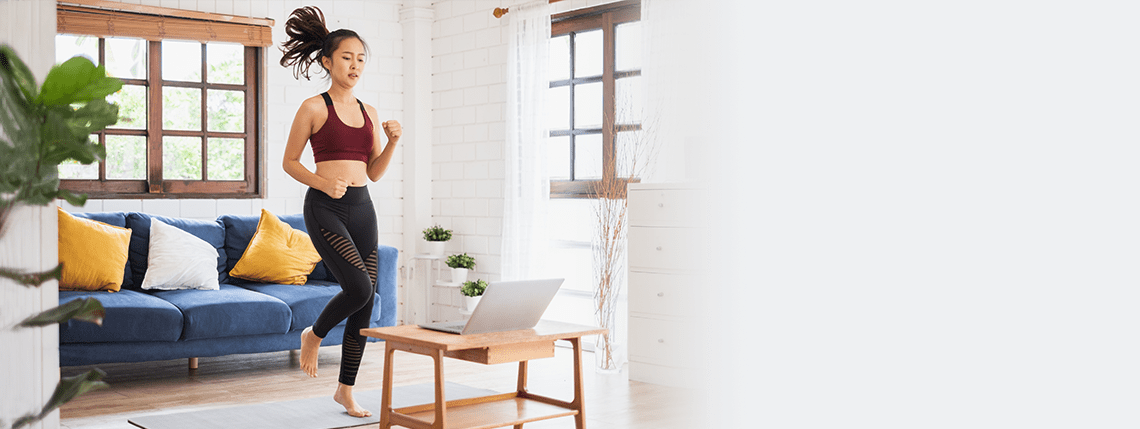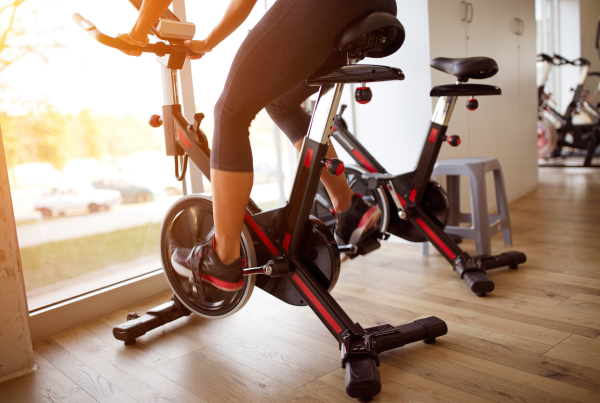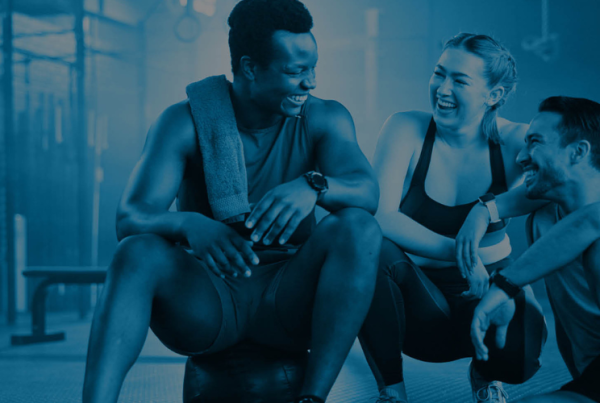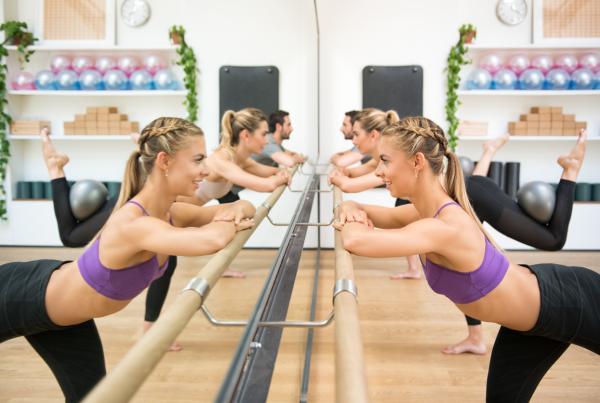The COVID-19 pandemic has been the only global conversation in 2020 and the big question constantly being asked is have you pivoted?
Thousands of group exercise instructors recently launched their businesses online in search of opportunities to connect and provide fun virtual classes for members. Zoom, Google Hangouts and Facebook Live have been the most popular options and, for the first few months of the pandemic, instructors were sharing strategies on social media about music, sound systems and how to provide the best quality experience to most closely replicate a live class.
Today, only the people who established an effective online presence are still active. These instructors have been able to develop skills that make a virtual class feel like a live class. So, what are the top tips for keeping your clients engaged in an online class?
The ability to teach to camera, as if a full class is in front of them
Many instructors rely heavily on absorbing energy from their participants and responding to their encouragement, and most instructors feel odd teaching with no one in front of them. Sure, Zoom or Google Hangouts provides some engagement but it’s limited, as the instructor can’t hear vocal whoops during the muted workout. Being able to teach and get just as excited as during a face-to-face workout is the key reason why people will return to your virtual class. If the instructor’s energy is flat with a monotone voice, they won’t create motivation to join in again. With so many people requiring positivity in their lives, instructors are perfectly positioned to create upbeat, happy vibes in living rooms across the world.
How well do you score when teaching to a camera?
Do a test video and use the following checklist to see how well you score out of 10:
- Energy levels – does it capture your attention or would you be distracted to do something else in five minutes?
- Vocal energy and enthusiasm – would you fall asleep listening to yourself or does it captivate your attention?
- Eye contact – this is REALLY challenging, as you have to focus on the camera rather than the image of you at least 80% of the time.
- Are your demonstrations clear, so that people can understand what you are doing? Moving around and showing different angles makes a more dynamic experience.
- Are you scripted or natural? Does your verbal communication sound like something that is being read from a board or is it like you are having a real conversation with your class?
- When teaching in a one-way stream like Facebook Live, you need to assume that some people don’t know every exercise name or move. Do you break down your movements and choreography in a way that most people would be able to follow it in their homes?
- Are you doing your own workout? A lot of instructors come up to the camera and yell encouraging words but are not actually doing anything. Some people stop moving the second you do. Yes, teaching to camera is physical.
Learning to teach effectively to camera will not only improve your teaching skills for online workouts but also help you become a better instructor when (and if) you go back to teaching live classes.
Looking for more ways to enhance your group class offering?
Our Continued Professional Development course Move to the Beat was constructed by award-winning fitness presenters Maria Teresa Stone and Marietta Mehanni.
Move to the Beat has been tailormade to help you understand the important role that music plays in group fitness, empower you to use it to your advantage in class and help you find the beat, so you are never off-beat again.
Use this opportunity to sharpen your teaching skills, stay fit and keep your community moving effectively and safely.
Author bio

Maria Teresa Stone has been teaching group fitness since 1996. She is a Zumba education specialist and helped launch the global phenomenon Zumba programme in New Zealand and Australia in 2009. In 2016, she was inducted into the Roll of Honour by Fitness Australia for her contribution to the fitness industry in Australia.








